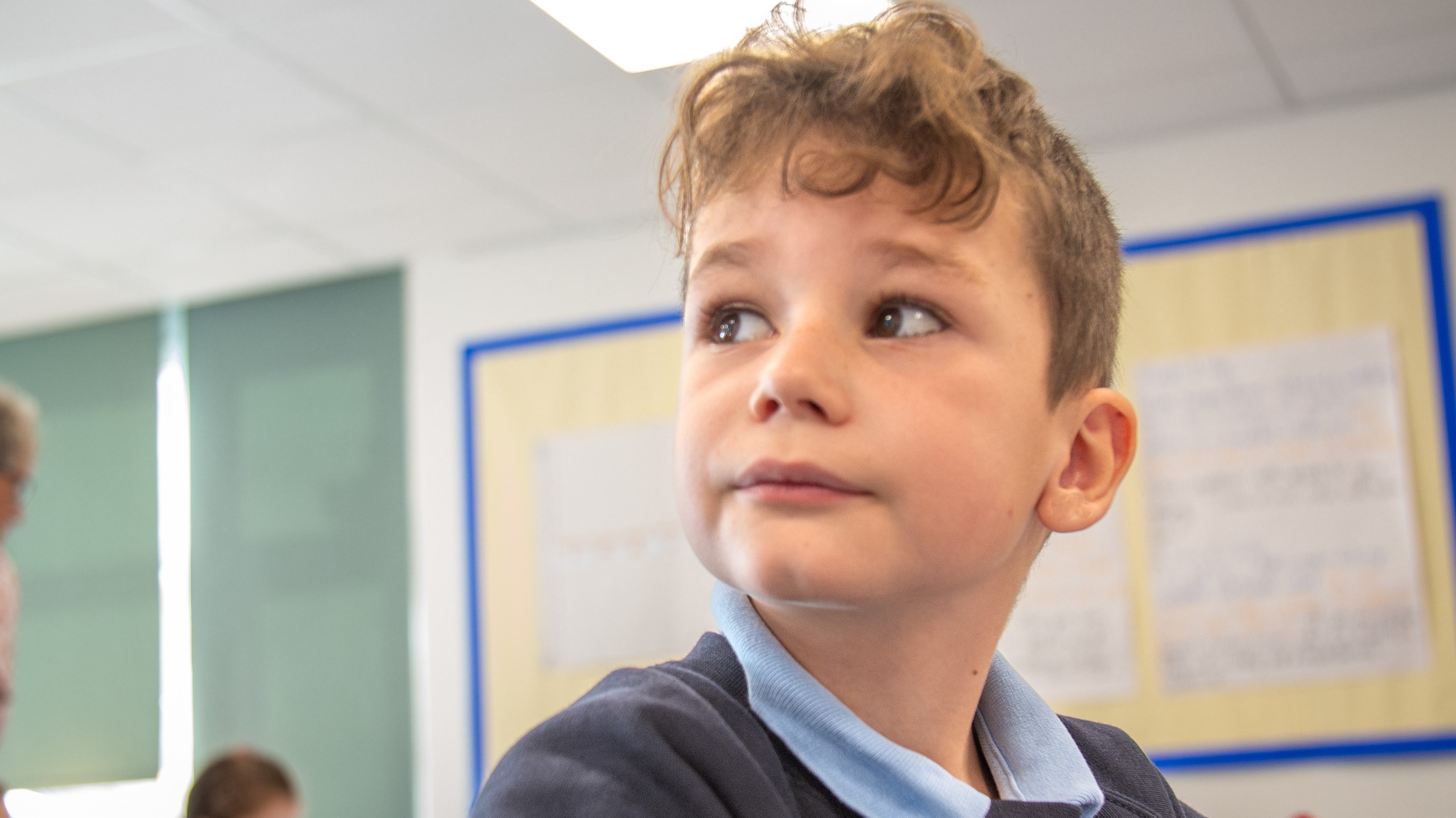
At Sir Edmund Hillary Academy our vision is to create a happy, safe, and inclusive learning environment that celebrates diversity and values community. We aim for our children to be courageous, confident, and curious learners who are resilient, hardworking, and achieve their full potential. For those children with additional needs or with a disability, we want them to feel that they are a valued part of our school community and that they belong. We respect that children with SEND may:
We aim to remove barriers and encourage all our pupils to achieve to the best of their abilities through quality first teaching in a supportive and caring environment. Where learners require additional to, or different from the universal provision available, we are committed to ensure that the needs of all learners are met.
SEN support should arise from a four-part cycle, known as the graduated approach. The four stages of the cycle are:
Teachers are continually assessing, planning, implementing and reviewing their approach to teaching all children. However, where a potential special educational need has been identified, this process becomes increasingly personalised. Through cycles of support, the graduated approach draws on more personalised approaches, more frequent review and more specialist expertise in order to tailor interventions to meet the particular needs of the child. The SEND Code of Practice makes it clear that class teachers are directly responsible and accountable for all children in their class, whatever their needs. The responsibility and accountability for the progress and development of pupils with SEN lies with the class teacher, not with the SENCO.
There is a document at the bottom of this page called ‘A parent’s Guide to the Graduated Response’ which has a flow chart to explain the process that happens if a you or school have a concern about your child.
If you have any concerns regarding your child, the first port of call is your child’s class teacher.
You are also able to speak to Mrs Newton, the SENDCo and can either email or ring the school office requesting this.
For further information regarding SEN support at Sir Edmund Hillary Academy, you may find our school’s SEN policy or Information Report useful. You will also find some support documents below, created by Nottinghamshire County Council for parents.
This site signposts families to support and services that are on offer locally.
Clicking on this link will take you to Notts Help Yourself.
The SEND Local Offer aims to bring together helpful and useful information for children and young people with special educational needs and disabilities (SEND) and their families. It is a comprehensive guide to services and support all in one place.